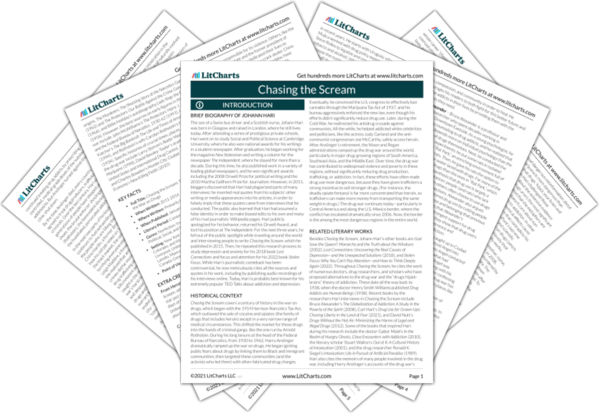While Winchester’s strategy largely ignores the scientific evidence about drugs, it also has several important advantages. First, it fits neatly with the misconception that all drugs are inherently harmful. Since this myth can be so hard to disprove, it may be easier to just build on or ignore it. Second, it applies equally to
all drugs. Third, it avoids alienating voters who aren’t very scientifically literate. And finally, it’s grounded in the active desire to
save people from the harms of the drug war (whereas Tvert’s argument was based on the premise that marijuana simply isn’t harmful).
